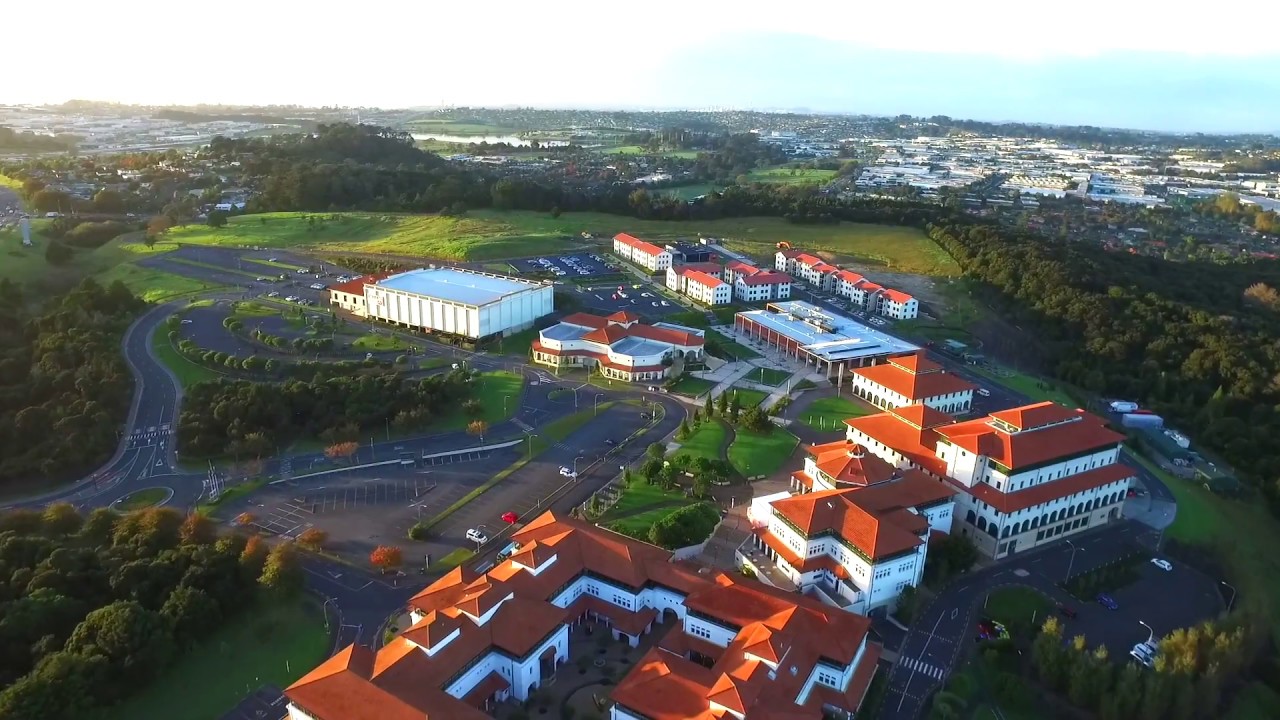Master of Science (Plant Biology)
Massey’s Master of Science (Plant Biology) will give you the knowledge and skills to understand and help solve some of the world’s most important current issues, such as:
- the effects of climate change on our native species and crop plants
- how to preserve native biodiversity
- understanding fundamental physiological aspects of plants.
Expertise in an area of your choice
During the course of your studies you can choose to further your knowledge and apply your learning on an exciting research project such as:
- evolution of plant genomes
- molecular development of plants
- population genetics and conservation genetics of native plants.
Take advantage of our globally renowned expertise
Let our experts help you develop your own expertise. You will learn from, and research with, highly-skilled, internationally-recognised and active researchers in plant biology and related areas, with a huge depth of knowledge and experience. Postgraduate study and research in plant biology at Massey spans evolutionary biology to physiology.
You will have the opportunity to learn about the fundamental aspects of plant growth and function, as well as the molecular evolution and classification (systematics) of plants. You might choose to conduct research focused on native New Zealand flora or a model organism, like Arabidopsis thaliana, or even a crop species.
Campus Information
Manawatu campus
The Manawatu campus is Massey's original campus. With lovely heritage buildings and park-like grounds located near Palmerston North city, it is one of the best places in the country to experience the real student lifestyle. With a huge portion of the population under 25 it is the perfect place for learning and living. The large campus is beautiful year-round with 11,500 different varieties of plants and trees in the form of manicured gardens, green fields, woodlands and bush.
Intakes
- Feb
Application Processing Time in Days: 30
Minimum English Language Requirements
| English Level Description | IELTS (1.0 -9.0) | TOEFL IBT (0-120) | TOEFL CBT (0-300) | PTE (10-90) | |
|---|---|---|---|---|---|
| Expert | 9 | 120 | 297-300 | 86-90 | |
| Very Good | 8.5 | 115-119 | 280-293 | 83-86 | |
| Very Good | 8 | 110-114 | 270-280 | 79-83 | |
| Good | 7.5 | 102-109 | 253-267 | 73-79 | |
| Good | 7 | 94-101 | 240-253 | 65-73 | |
| Competent | 6.5 | 79-93 | 213-233 | 58-65 | |
| Competent | 6 | 60-78 | 170-210 | 50-58 | |
| Modest | 5.5 | 46-59 | 133-210 | 43-50 | |
| Modest | 5 | 35-45 | 107-133 | 36-43 | |
| Limited | 4 | 32-34 | 97-103 | 30-36 | |
| Extremely Limited | < 4 | < 31 | < 93 | < 30 |
Job Opportunity Potential
There is a steady demand for plant biologists. As a plant biology graduate, you will have a wide range of career opportunities, including both pure and applied research. Students often find employment at research institutes such as Plant & Food Research, AgResearch, Scion and Landcare Research. Other graduates have found employment with the Department of Conservation and regional authorities.
You may also find employment in primary and secondary teaching, technical work, business and in the media. Other possible careers include science management, administration and science policy.
Earn more
A 2017 Ministry of Education publication, The post-study earnings and destinations of young domestic graduates, found that in New Zealand:
- young master’s graduates earn more than one and a half times more than the national median (five years after study)
- earnings and employment rates increase with the level of qualification completed
- five years after completion, the median earnings of young master’s graduates are 15% higher than for those with a bachelor’s degree.
PSW Opportunity
- During study, all students on a student visa can work up to 20 hours per week during semester and full time during vacations.
- After completing Level 7 Bachelor’s Degree or Higher Qualification, a student will get a three years open post-study work visa.
- After completing Level 8 Post Graduate courses of 1 year, students get 1 year PSW.
Admission Requirement / Eligibility Criteria
Postgraduate academic entrance requirements
Masters, postgraduate diplomas and postgraduate certificates An appropriate undergraduate degree from a recognised tertiary institution is required
- IELTS- 6.5 (no band less than 6.0)
- TOEFL iBT- 90 overall (min 20 in Writing)
- PTE Academic- 58 Overall (min 50 in communicative skills)
- Course Type: Full Time
- Course Level: Masters/PG Degree
- Duration: 02 Year
-
Total Tuition Fee:
81740 NZD
Annual Cost of Living: 20000 NZD
Application Fee: N/A
Similar Programs
- Master of Management (Sustainability) at Massey University
- Master of Information Sciences (Computer Science) at Massey University
- Master of Veterinary Medicine at Massey University
- Master of Veterinary Medicine (Production Animal) at Massey University
- Master of Veterinary Medicine (Companion Animal Surgery) at Massey University
- Master of Veterinary Medicine (Companion Animal) at Massey University

